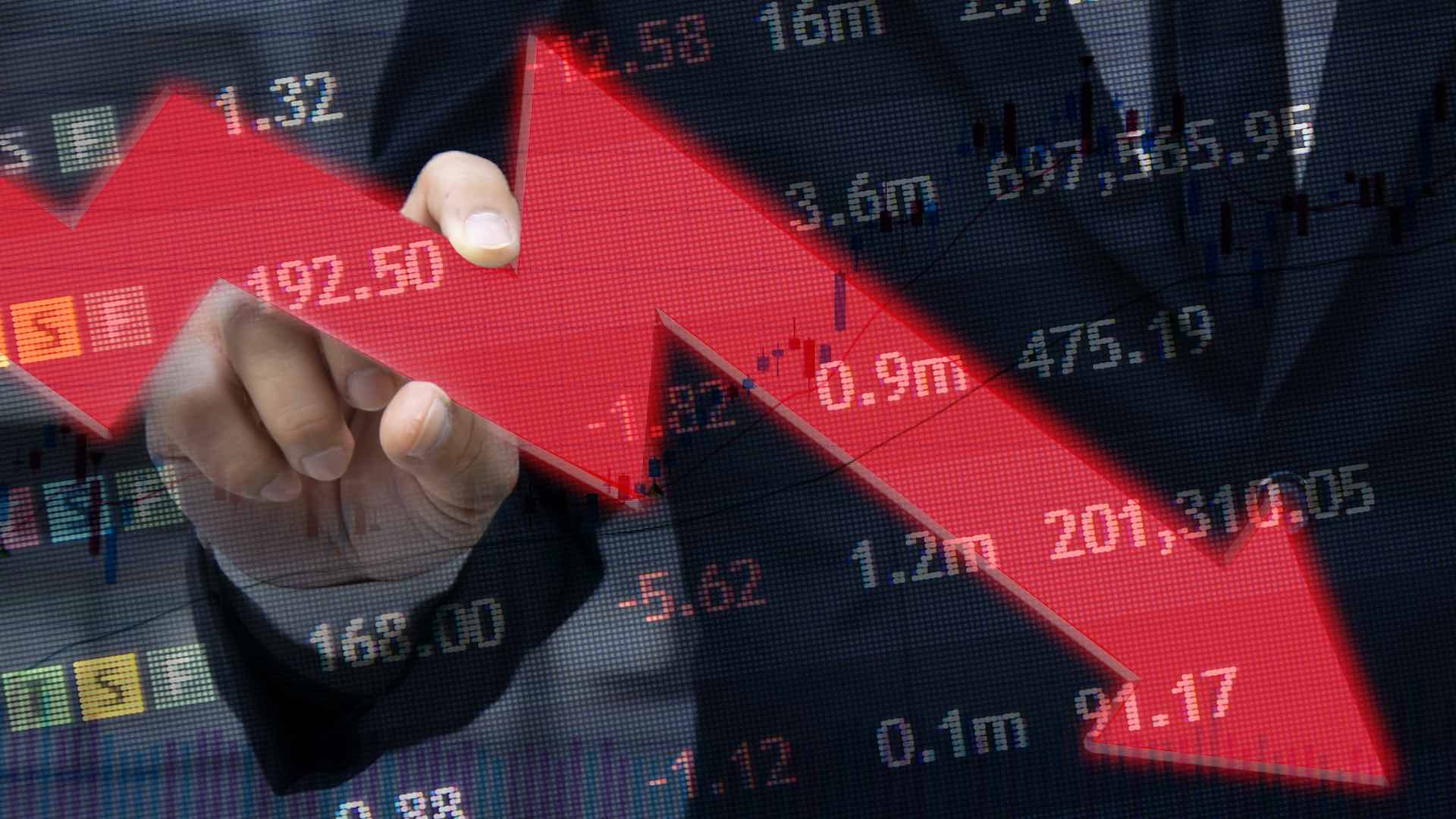Based on the World Bank’s projections as of 2024, Lebanon’s economic situation remains deeply concerning. The bank, known for its comprehensive and data-driven analyses of global economies, has not issued a specific forecast for Lebanon’s GDP in 2024, citing “high uncertainty.” This decision reflects the volatile and unpredictable nature of Lebanon’s economic landscape.
In 2023, the World Bank had initially projected a growth of 0.2% for Lebanon’s economy. However, this forecast was made before the onset of the conflict in Gaza, indicating the fragile and rapidly changing geopolitical and economic conditions in the region. The impact of this conflict on Lebanon’s economy is indicative of the nation’s susceptibility to external shocks, further complicating any efforts to predict its economic trajectory accurately.
Despite the absence of a specific GDP forecast for 2024, the World Bank’s data provides a critical context for understanding the extent of Lebanon’s economic crisis. Between 2019 and 2021, Lebanon’s GDP per capita plummeted by 36.5%, a staggering decline that underscores the severity of the economic downturn. This reduction in GDP per capita is more than just a number; it represents a substantial decrease in the living standards and economic well-being of the Lebanese population.
The World Bank’s reluctance to provide a forecast for 2024 is a testament to the complex challenges facing Lebanon. These include ongoing political instability, a banking sector in crisis, rampant inflation, and a severely devalued currency. The Lebanese pound, for instance, has lost over 90% of its value, exacerbating the cost of living and eroding the purchasing power of citizens in a country heavily dependent on imports.
The impact of these economic challenges is far-reaching. Poverty rates have soared, with the United Nations Economic and Social Commission for Western Asia (ESCWA) reporting that around 80% of the population is now classified as poor. The crisis has also led to a significant brain drain, with skilled professionals, including doctors, leaving the country in search of better opportunities abroad.
In summary, the World Bank’s data and lack of a specific forecast for 2024 highlight the uncertainty and severity of Lebanon’s economic crisis. The country continues to grapple with a multitude of challenges, including a shrinking economy, high inflation, a struggling banking sector, and widespread poverty. The path to recovery remains unclear and bleak.

